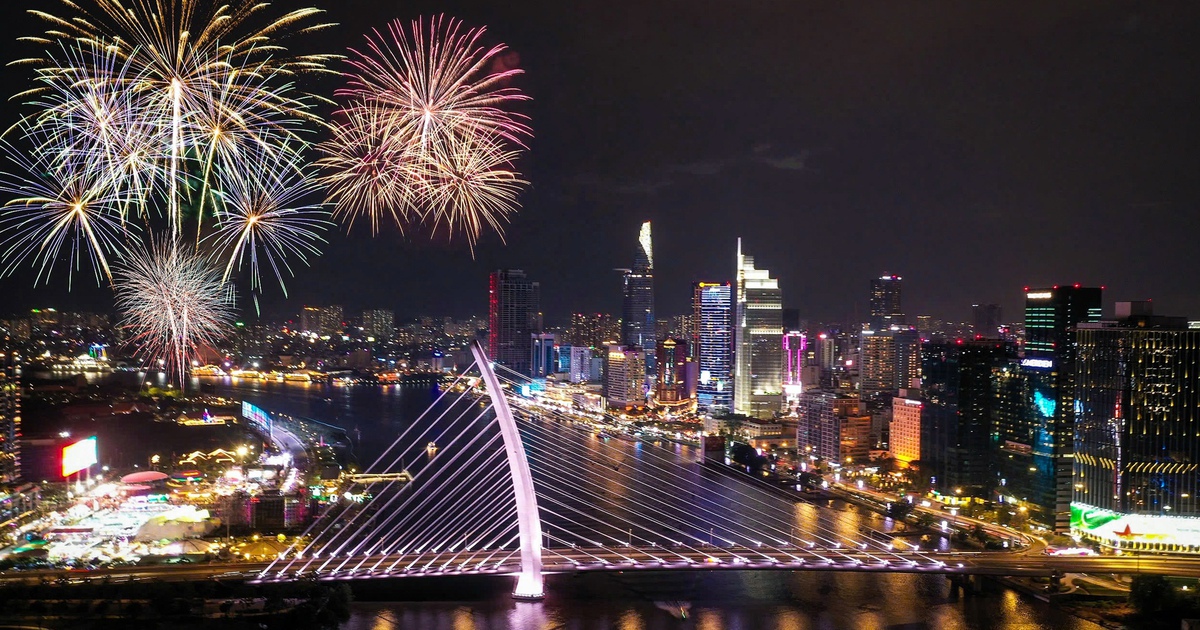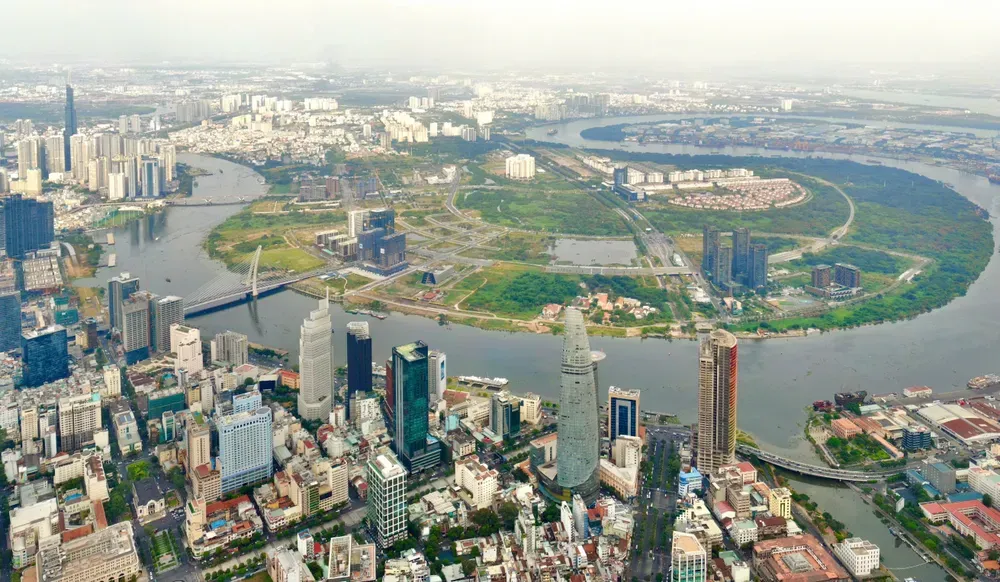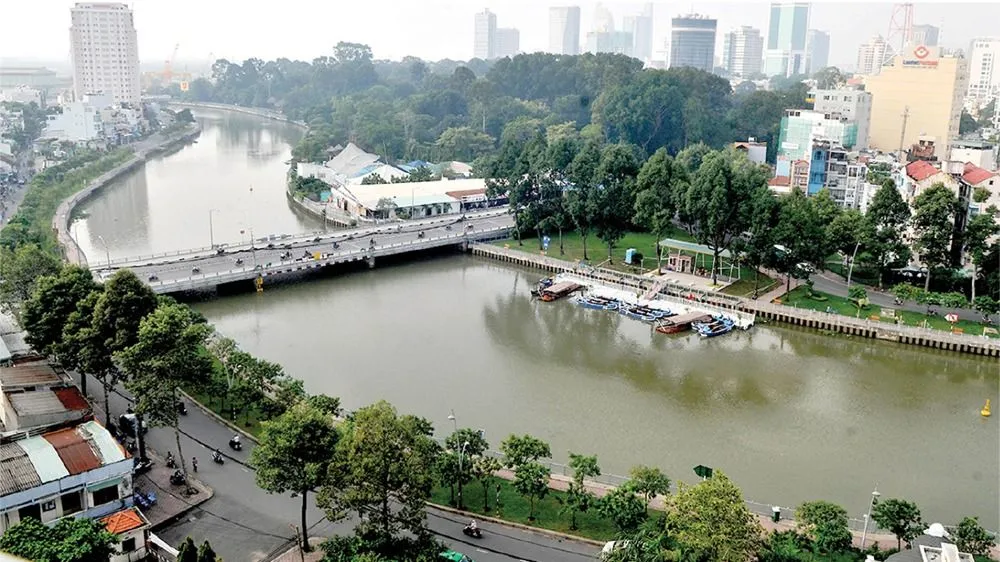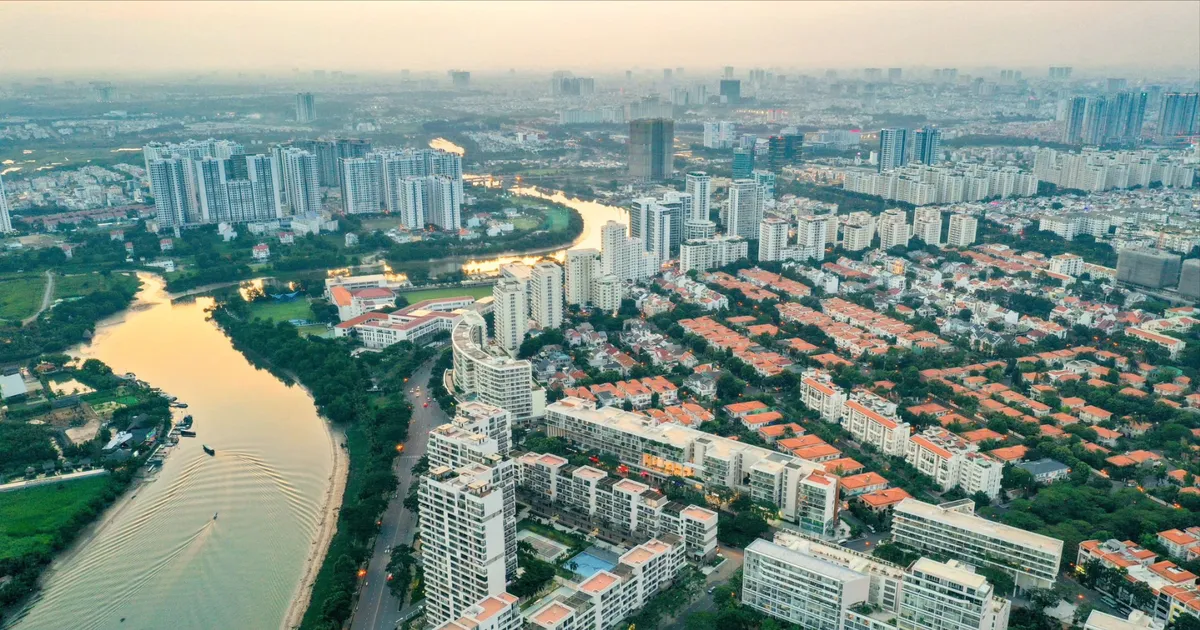Topping the list of the most livable cities according to the EIU's assessment in 2023 is Vienna, Austria, due to its success in harmoniously combining culture and entertainment.
 |
| Hanoi has made a huge leap in the Economist Intelligence Unit (EIU)'s ranking of the world's most livable cities. (Photo: NH) |
A survey report on the world's most livable places released on June 23 shows that Canada is the country with the most cities in the top 10 list, with Vancouver, Calgary and Toronto.
This is the second consecutive year that these three Canadian cities have made it onto the list of the 10 best places to live globally by the Economist Intelligence Unit (EIU), a research, analysis and intelligence provider on business, economic and national conditions.
This year's survey covered 173 cities globally and was based on assessments of improvements in education , culture, environment and infrastructure as life gradually returns to normal after the Covid-19 pandemic.
The average score of this year's survey was 76.2/100, up 3 points from last year, and the highest score in the past 15 years.
Topping the list of the most livable cities according to the EIU in 2023 is Vienna, Austria, due to its successful combination of culture and entertainment. The city has a stable, reliable infrastructure and especially has an excellent health care and education system.
Next is Copenhagen, Denmark. Australian cities Melbourne and Sydney took third and fourth place, knocking Canada's Calgary out of the top five. However, Vancouver retained its fifth place on the list, while Toronto fell one place to ninth.
Calgary, Alberta, dropped to seventh place, possibly due to what the EIU calls “restoration of order” after the Covid-19 pandemic. In 2022, several Australian cities fell several places in the rankings as a highly contagious Covid-19 variant swept across the continent.
However, Canada remains the only country in the world with three cities in the top 10 most livable places. Australia and Switzerland each have two cities in the top 10, with Zurich and Geneva in the Nordic country.
The EIU ranked 173 cities globally based on more than 30 qualitative and quantitative factors, grouped into five broad categories: Stability, Healthcare, Culture and Environment, Education and Infrastructure.
Access to healthcare, green space, cultural and sporting activities, crime rates and infrastructure are among the factors considered in the rankings.
Based on these indicators, many cities in the Asia-Pacific region have made strong progress. Of the 10 cities with the strongest recovery from the Covid-19 pandemic, 8 are in Asia-Pacific.
New Zealand's Wellington is the biggest jump in the world's liveability score, jumping 35 places to 23rd place in the rankings.
Next is Auckland, up 25 places to 10th place, and Hanoi, Vietnam, up 20 places to 129th place. Other cities such as Kuala Lumpur, Jakarta and Hong Kong also saw remarkable increases of 19, 14 and 13 places respectively.
The cities that fell the most in this year’s rankings were mainly in developed countries such as the UK, US, France, Sweden and the Netherlands. The UK had three cities falling in the rankings: Edinburgh, Manchester and London, while the US had two cities: Los Angeles and San Diego. The remaining countries contributed one city to the list.
At the bottom of the list of the world's most livable cities are places facing civil unrest, war and conflict.
Kiev, Ukraine, is among the bottom 10 cities in the rankings, affected by the ongoing war. However, Kiev is still ranked above the three cities at the bottom of the list: Algiers, Algeria, Tripoli, Libya and Damascus, Syria.
Source



![[Photo] President Luong Cuong attends special political-artistic television show "Golden Opportunity"](https://vstatic.vietnam.vn/vietnam/resource/IMAGE/2025/8/22/44ca13c28fa7476796f9aa3618ff74c4)

![[Photo] Prime Minister Pham Minh Chinh chairs the conference to review the 2024-2025 school year and deploy tasks for the 2025-2026 school year.](https://vstatic.vietnam.vn/vietnam/resource/IMAGE/2025/8/22/2ca5ed79ce6a46a1ac7706a42cefafae)


![[Photo] President Luong Cuong receives delegation of the Youth Committee of the Liberal Democratic Party of Japan](https://vstatic.vietnam.vn/vietnam/resource/IMAGE/2025/8/22/2632d7f5cf4f4a8e90ce5f5e1989194a)




























































































Comment (0)